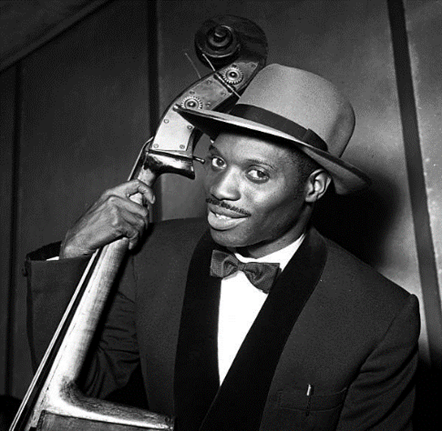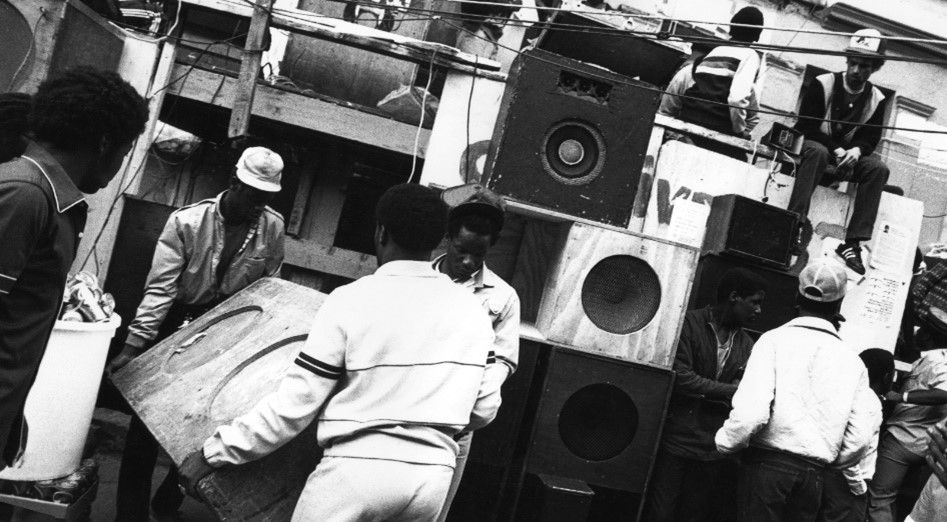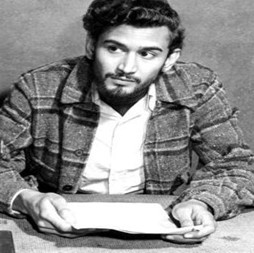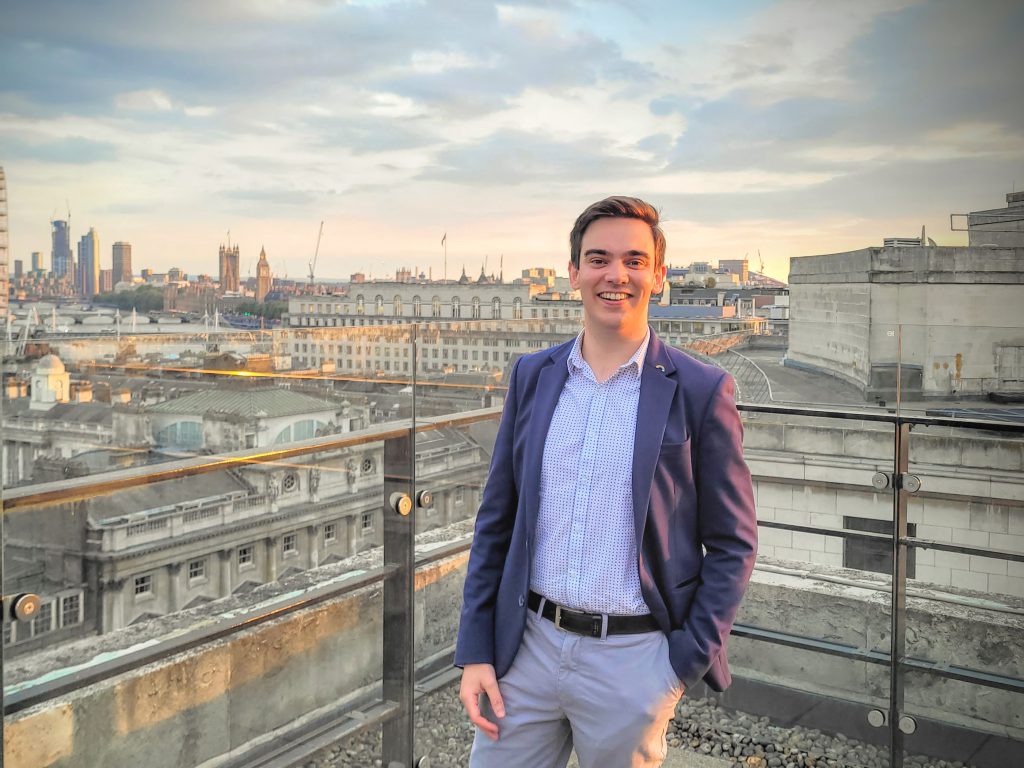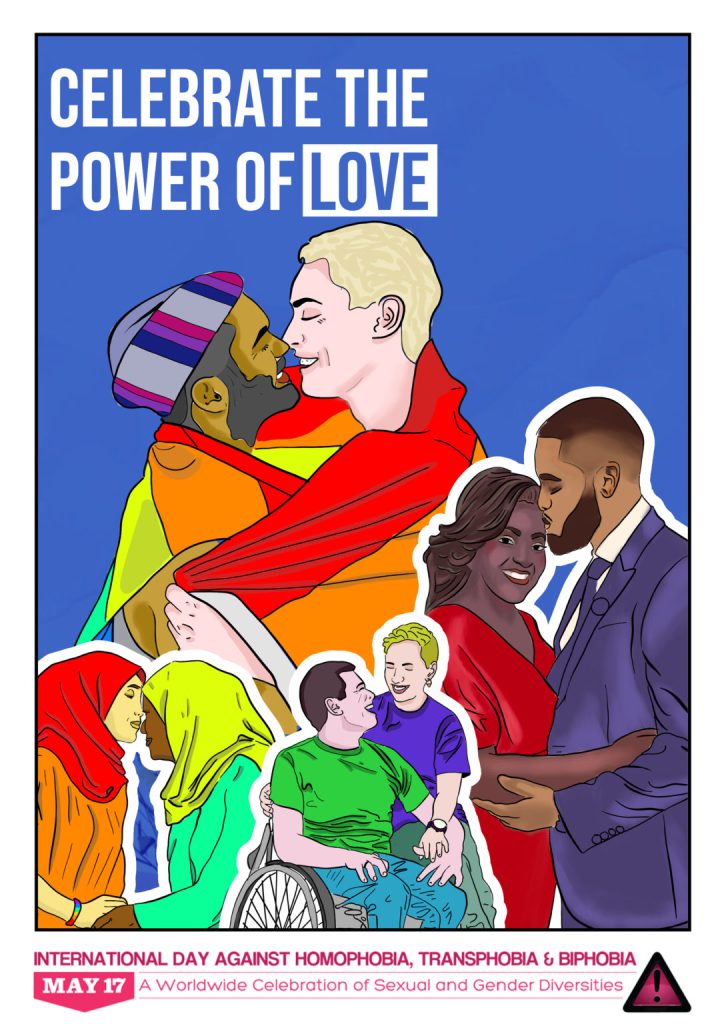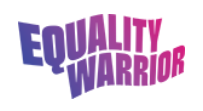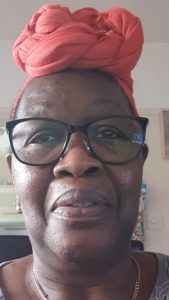StellarHE is a targeted leadership development programme to support Black and Minority Ethnic academics, researchers and Professional Services staff. The programme has been designed specifically to develop and implement leadership strategies that reflect the unique challenges and experiences of Black, Asian and Minority Ethnic academic and professional staff across Higher Education.
King’s is dedicated to developing and supporting diverse talent and inclusive leadership and the university is committed to supporting members of the King’s community to take part in the StellarHE programme. The programme is for staff who aspire to operate at a senior, strategic level here at King’s and contribute to our institutional commitment to advance race equality.
The application process for the 2023 is now open!
Updated Deadline: 17:00 on Wednesday 18th January 2023
What is included?
The scheme includes:
- Ten one-day virtual workshops
- Leadership diagnostics
- Two individual Borderless Coaching sessions
- One virtual Action Learning Set
- Completion of a Leadership Challenge project
- The programme also includes the opportunity to join the Beyond StellarHE Alumni network.
Key Programme Dates
- 6 March 2023 Readiness Session
- 17 March 2023 Managers Race to Action Session
- 20 March 2023 M1 – Orientation & My Leadership Journey
- 3 April 2023 M2 – Race Strategic Context in HE
- 18 April 2023 M3 – Authentic Leadership, Identity and Race
- 4 May 2023 M4 – Leadership Purpose & Vision
- 24 May 2023 M5 – Status Now – Leadership MoT
- April/May 2023 Action Learning and Assessments – Factor8 & Borderless Coaching
- 8 June 2023 M6 – iLead 360 – Cracking the corporate Code
- Jun/Jul 2023 Action Learning
- 12 July 2023 M7– Presence – iBrand & Communicating with Impact*
- 13 July 2023 M8 – Career Strategy and Leaderships Signature*
- September 2023 Coaching
*All the workshops are virtual apart from those annotated. Find out more on the StellarHE website.
Participants would be expected to participate in all of the sessions.
Programme cost
The Equality, Diversity & Inclusion team intend to fully fund up to 1 place open to staff from across the university and part-fund 2 places on the scheme in collaboration with faculties & directorates. In addition, many faculties & directorates from across KCL have also committed to funding additional places should their staff be successfully selected. A list of faculties & directorates who have agreed to fund places will be added to this page in due course.
- The programme fee is £4,495 + VAT per participant.
- Successful applicants who are parents and carers are eligible for further financial support to enable them to participate from the Carers’ Career Development Fund.
Eligibility criteria
- StellarHE is targeted at Black and Minority Ethnic (BME) individuals who aspire to senior leadership positions in Higher Education.
- StellarHE is targeted at middle and senior managers – we advise that applicants are currently in roles grade 6 and above (see FAQs below).
- Professional services, research and academic staff are all eligible to apply.
- Staff members on fixed term contracts can apply for StellarHE as long as their contract continues at least 6 months after the programme has finished or you can provide evidence it will be extended.
- You must be available for all the programme dates (see above)
How to apply
- Speak to your manager about StellarHE and confirm they are happy to support your application. If you apply the EDI team will contact them to ask for a supporting statement.
- Check that you are available for all the dates listed above and meet the eligibility criteria.
- Complete the expression of interest form by Midday Monday 16th January 2023.
You can apply for a place here.
How will my application be selected & assessed?
The answers in your application form, the personal statement and your manager’s statement will all be used to assess your suitability for the programme.
The application questions in the form will each be scored from 1 (does not meet the criteria) to 5 (significantly exceeds the criteria).
Your application will also then be scored against the King’s criteria.
The King’s criteria asses the strength of the application with regards to how the applicant demonstrates the positive impacts the programme could have on their career, their team and on race equality at King’s.
- The impact of the programme on the individual and their career, i.e.:
- Show they have proactively thought about career progression/development and how StellarHE will feed into this.
- Demonstrate their capability and potential as a manager/leader.
- The impact of the programme on the applicant’s team, department and King’s more widely, i.e.:
- Show how they will apply learning to others, both locally and more widely.
- What benefit this will have.
- The impact of the programme on race equality at King’s, i.e.:
- Demonstrate a commitment to Race Equality at King’s or externally (e.g., active membership of the Race Equality Staff network, personal activism in team/dept etc).
As you write your application you should think about how you are demonstrating these King’s criteria.

